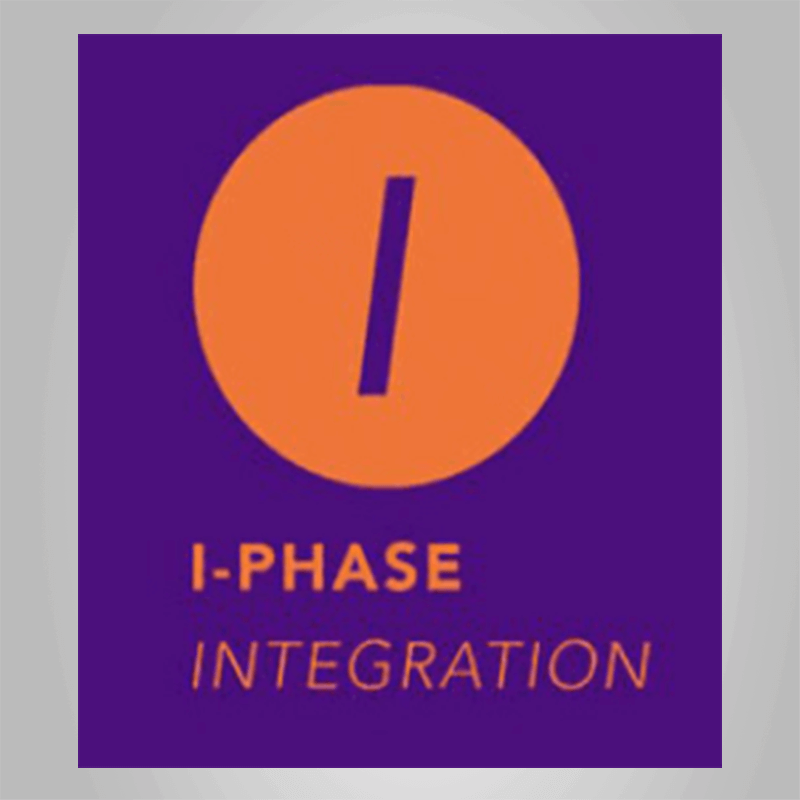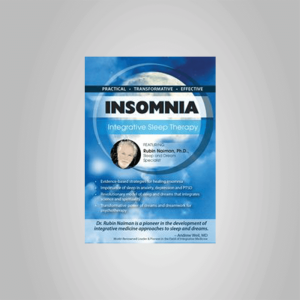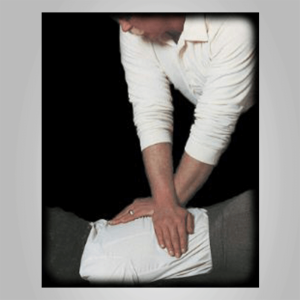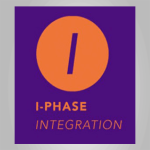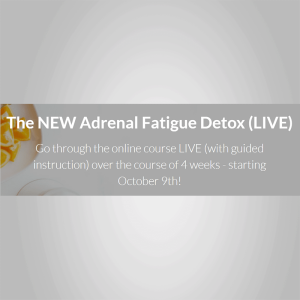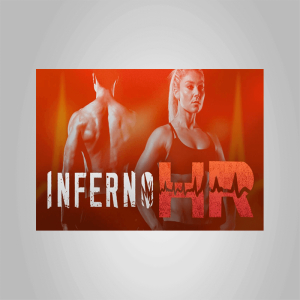I-Phase – Z-Healthwith a heavy focus on how the eyes and inner-ear impact movement.This certification is the next critical piece in developing a neurocentric approach to your work.I-PHASE WILL COVER THESE CRUCIAL CONCEPTS:Fundamental neurology, pathways and assessments of the visual and vestibular systems for rehabilitation, pain-relief and performance enhancement.Advanced mobility concepts and drills that go far beyond biomechanics to explain how to specifically target the nervous system with exercise.Structured, yet novel, training programs to enhance positive brain plasticity.Neurobehavioral concepts to enhance client compliance with lifestyle change.PROGRAMThis course offers succinct explanations and solutions for the most common frustrations of many health and fitness professionals – helping to explain why the biomechanical approach so often FAILS to make long-lasting changes in pain, movement, posture, and performance, AND how to approach things differently.As a neurocentric practitioner, it is clear that every exercise we perform targets the brain, and in modern neuroscience it is clear that to create long-lasting, positive change in brain structures there are certain training requirements: intensity, novelty and salience. In other words, low intensity, boring and “unimportant†exercise is NOT a good way to create positive brain changes.In I-Phase, by combining neurologic assessments with our I-Phase movement template, you will learn how to build targeted “full spectrum†brain-changing exercise programs that are specific to the needs of your athletes. Because of this, layering visual and vestibular concepts with your prior coursework begins immediately.Finally, another of the key components of I-Phase is an exploration of modern habit-change neurology. A basic tenet of Z-Health is that the #1 job of health and fitness professionals is behavior change, and modern neuroscience offers amazingly effective insights as to how this can be accomplished in a systematic way.I-PHASE IS INTENDED TO HELP YOU MASTER:Key structures and pathways of the visual and vestibular systems and their relationship to the control of pain, posture, and motor output.A blended neurological and biomechanical assessment process for the most critical elements of human vision.Vestibular assessments and specific training drills for the most common dysfunctions you will encounter with your clients.Targeted motor control exercises combined with specific visual and vestibular inputs.Integration of these new layers of neurology into your current work.Using modern, neuroscience-based concepts for habit formation and behavior modification that will change how you talk to and work with your clients.

